Understanding the True Source of Fear and Anxiety
There’s a quiet, persistent force that shapes so much of our inner world: fear. Not always loud or dramatic—but often subtle. It shows up as worry, tension, unease, or that vague sense that something might go wrong.
Sometimes it’s the nervous hesitation before speaking up, or the way you replay a conversation in your mind, hoping you didn’t say the wrong thing. Other times, it’s the overthinking that keeps you up at night, running scenarios about things that haven’t even happened.
Peter Crone, a transformational healing-thought leader, beautifully names the core of this dynamic:
“When you break down the genesis of emotional fear, worry, or anxiety, the stimulus is always something we are concerned about regarding our future.”
Let that sink in for a moment.
Fear, anxiety, and worry are rarely about what is. They’re about what might be. We’re afraid of a future outcome we don’t want. And more often than not, that imagined outcome is based on pain we’ve already experienced in the past.
The Future Isn’t the Problem—It’s the Projection
We don’t usually get anxious about what’s already happened. That might bring regret, grief, or sadness—but anxiety lives in the anticipation of an outcome we fear. It’s rooted in our mind’s attempt to control, predict, or avoid future pain.
What’s fascinating is that the brain often can’t tell the difference between a real threat and a perceived one. If you imagine something going wrong, your body reacts as if it’s happening now. Your heart races. Your chest tightens. Your thoughts speed up. And before you know it, you’re bracing for impact.
But impact from what, exactly?
Often… from something that hasn’t even happened. And might never happen. The mind is reacting to a possibility, not a reality.
So why does this happen? Why does our system overreact to imagined outcomes?
The Hidden Programming Beneath Fear
It all comes down to one thing: survival.
As humans, our number one biological imperative is to stay alive. That’s not just a metaphor—it’s hardwired into our nervous system. From the moment we’re born, our brain begins building protective patterns to help us stay safe in our environment.
In earlier eras, survival was about avoiding physical threats—predators, famine, environmental mental prisons danger. But today, most of our fears are emotional: rejection, failure, abandonment, embarrassment, judgment.
And because our brain evolved to react strongly to threat, it doesn’t differentiate well between physical and emotional danger.
That means emotional experiences that felt unsafe at one point in your life—like being yelled at, ignored, criticized, or excluded—can form the basis for fear-based patterns you still carry today.
This is what I call mental prisons—deep subconscious beliefs formed through conditioning, which quietly but powerfully shape how you think, feel, and act.
The Real Culprit: Unexamined Conditioning
Here’s where it gets really important:
The future you’re afraid of is usually shaped by your past mental prisons.
- If you were criticized for being too much, you might now fear being fully seen.
- If love were inconsistent or conditional, you might fear intimacy or vulnerability.
- If you learned you had to achieve to feel worthy, you might fear slowing down or “not doing enough.”
These aren’t just thoughts; they become belief systems. And unless we become conscious of them, we’ll unknowingly continue living in reaction to them.
“To create an extraordinary future, we have to understand where we are still confined and affected by our past.” Peter Crone
This is the heart of transformation. Not pushing forward with more force, but turning inward with curiosity.
Asking:
Where am I still living from a wound that hasn’t healed?
What belief am I still carrying that’s no longer true?
Reconciling the Past: The Key to Emotional Freedom
In my work as a life and relationship coach, this is the most powerful and fulfilling process: helping people reconcile the parts of their history that are still running the show, often without their awareness.
Because so many of our most limiting beliefs are born in moments we barely remember, or never consciously processed.
The child who was scolded for expressing emotion becomes the adult who suppresses their needs.
The teen who was rejected in love becomes the adult who shuts down when things get real.
The young achiever who got praise for performance becomes the adult who can’t rest without guilt.
But once we shine a light on these old stories, they begin to lose their grip.
Awareness is power. And awareness with compassion? That’s liberation.
When someone realizes, “Oh… this isn’t a flaw in me. This is a wound I adapted around,” everything begins to shift.
They stop blaming themselves.
They stop avoiding or resisting fear.
They start meeting their patterns with understanding—and from that place, they reclaim choice.
From Fearful Reactor to Conscious Creator
When fear no longer runs the show, something magical happens:
You become the conscious creator of your life, instead of an unconscious reactor to your past.
You start making decisions from love instead of protection.
You begin showing up from truth, not from fear.
You trust yourself—not because you have every answer, but because you know you can handle whatever comes your way.
This is emotional freedom. And from this place, joy, connection, creativity, and love become so much more accessible.
Reflection Prompts: Bringing Your Awareness Home
If you want to explore this more deeply, try journaling on these prompts:
- What is something I’m currently anxious or worried about?
- What story am I telling myself about what might happen?
- Where did that story come from? What experience does it remind me of?
- What belief might I still be carrying because of that experience?
- Is that belief true? Who would I be if I no longer believed it?
These aren’t questions to rush. Sit with them. Let them unfold. Even one honest insight can unlock years of tension you didn’t know you were holding.
You Are Not Your Fear
Here’s what I want you to remember:
You are not your past.
You are not your fear.
You are not your thoughts.
You are the awareness behind them all. And from that place, you can choose again.
So the next time anxiety creeps in or fear begins to tighten its grip, pause. Breathe. Ask:
“What story am I believing right now?”
“Is it from my past—or my truth?”
Because the truth is:
That was then. This is now. I get to choose my future.
And from that space of truth, your life begins to open. Not because fear disappears, but because you no longer let it decide what’s possible.
Ready to reclaim your peace? Contact me now to begin your healing journey.

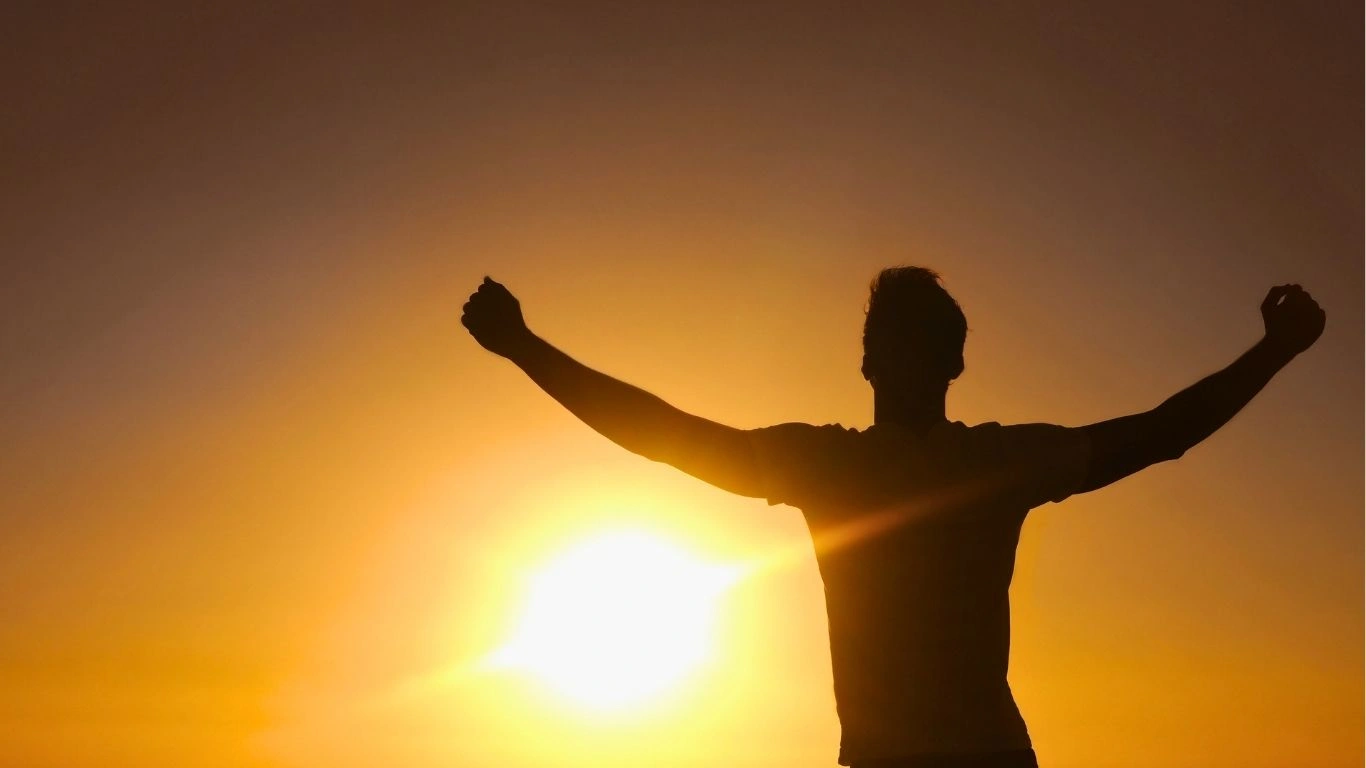
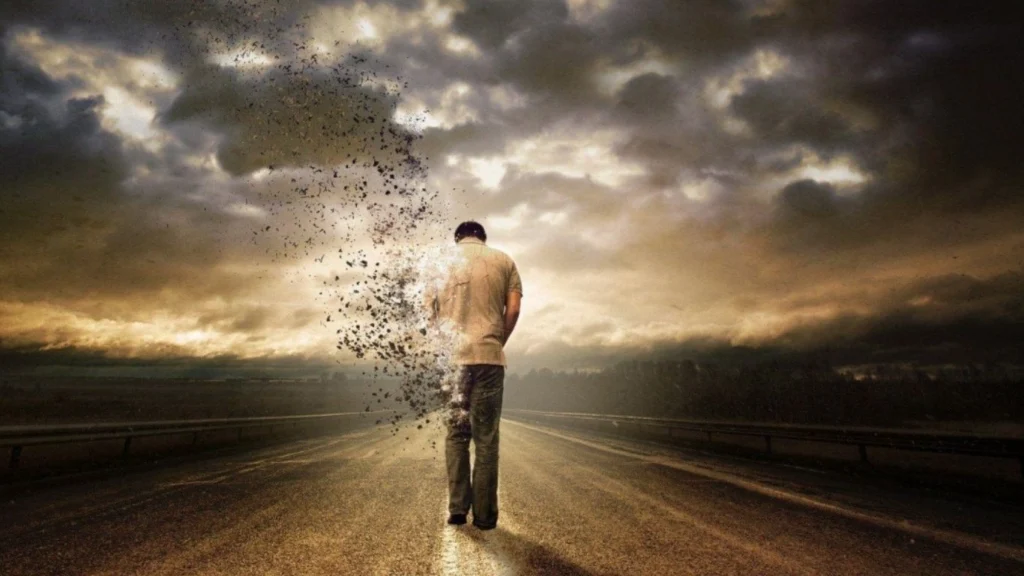
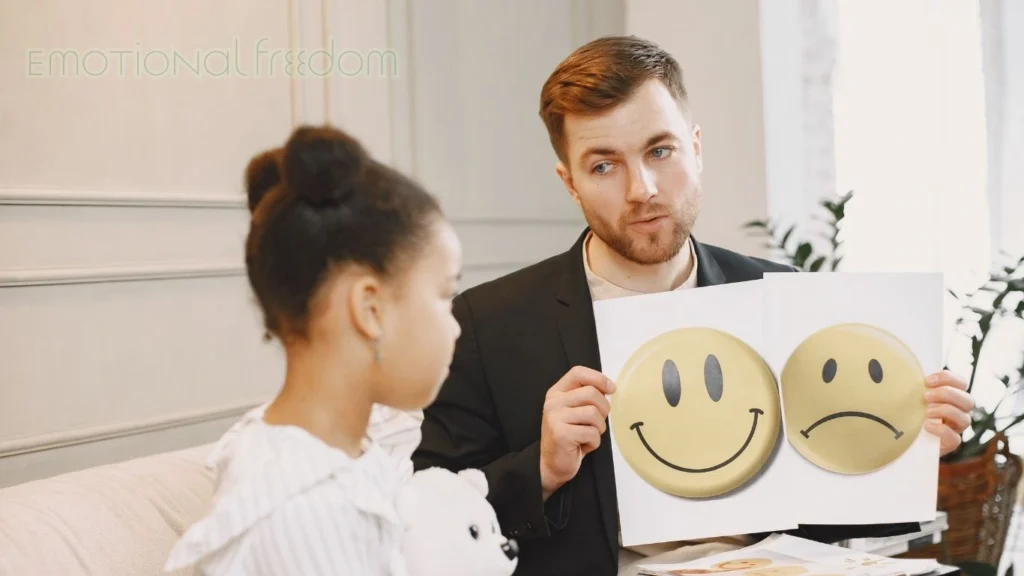


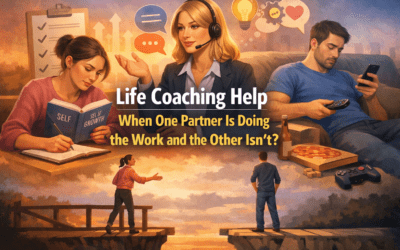
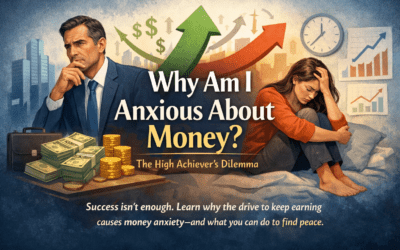
Recent Comments